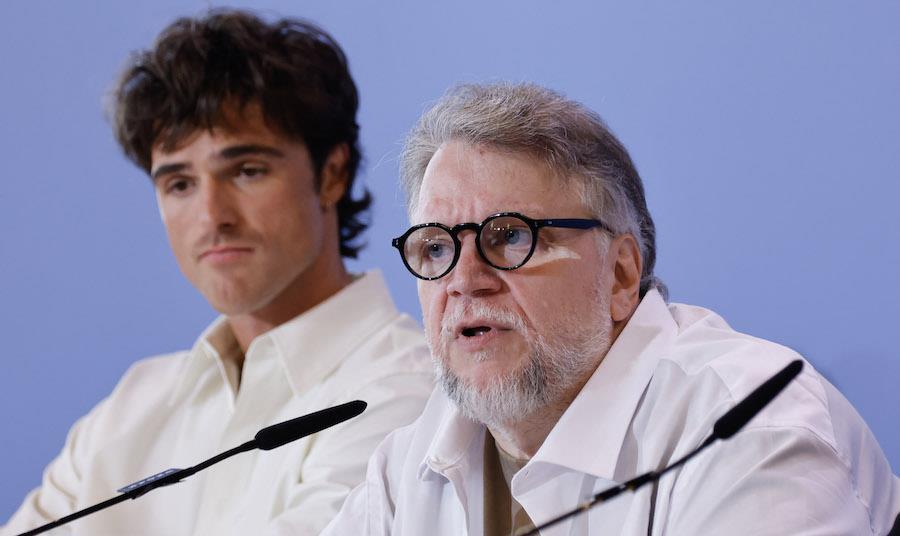Introduction to Frankenstein
Guillermo del Toro expressed his desire for "more and more of everything" when it comes to the number of cinemas that will play his Netflix film, Frankenstein. However, he is "very happy" with the publication plans of the streamer. At a press conference for the Venice Competition film, del Toro stated, "Take a look at my size, I want more and more of everything. I have to be."
The Battle for Ideas
Del Toro emphasized the importance of the size of ideas, ambition, and artistic hunger in filmmaking. "The battle we will fight in stories is in two fronts," he said. "Obviously, the size of the screen; but the size of the ideas is very important, the size of the ambition, the artistic hunger you bring to the cinema. Can we reclaim the benchmark of ideas? Can we challenge ourselves?" He believes that it’s essential to have a flowing dialogue and to challenge oneself to create something unique.
Publication Plans
Del Toro is satisfied with the publication plans for Frankenstein, which includes a cinema release on October 17 in the USA before it ends up on the streaming platform three weeks later. The film will also be screened at the Toronto and Busan Film Festivals. Del Toro’s experience with his previous film, Nightmare Alley, which had a limited release in cinemas due to the Covid Omicron variant and the release of Spider-Man: No Way Home, taught him that "you never know what’s going to happen."
The Story of Frankenstein
Frankenstein is an adaptation of Mary Shelley’s classic Gothic novel from 1818 about a brilliant but selfish scientist who brings a creature to life in a monstrous experiment. Del Toro has wanted to make this film since he was a child, and the collaboration with Netflix finally made it possible. He denied the suggestion that the film is a metaphor for artificial intelligence, stating that "artificial intelligence I am not afraid; I’m afraid of natural stupidity, which is much more common."
The Message of the Film
Del Toro believes that the film’s central question, "what makes us human?" is more urgent than ever. He said, "We live in a time of terror and intimidation. The answer from which art is a part is love. And forgiveness is part of love." The film tries to show imperfect characters, and del Toro hopes that it will inspire people to remain human despite the challenges they face. The film’s message is biographical for del Toro, but also for everyone who tries to preserve their soul in these times.
The Cast and Characters
Del Toro was accompanied by his cast, including Jacob Elordi, who plays the monster, Oscar Isaac, who plays Victor Frankenstein, Christoph Waltz, Mia Goth, and Felix Kammerer. Elordi confirmed that he used a Yorkshire accent for the early phases of his character, inspired by the voice of David Bradley, who plays the blind man in the film. Del Toro also highlighted the importance of the character of Elizabeth, played by Mia Goth, who says, "Like most tyrants, he himself believes as a victim." This line emphasizes the tragedy of lack of insight and the danger of selfishness.

